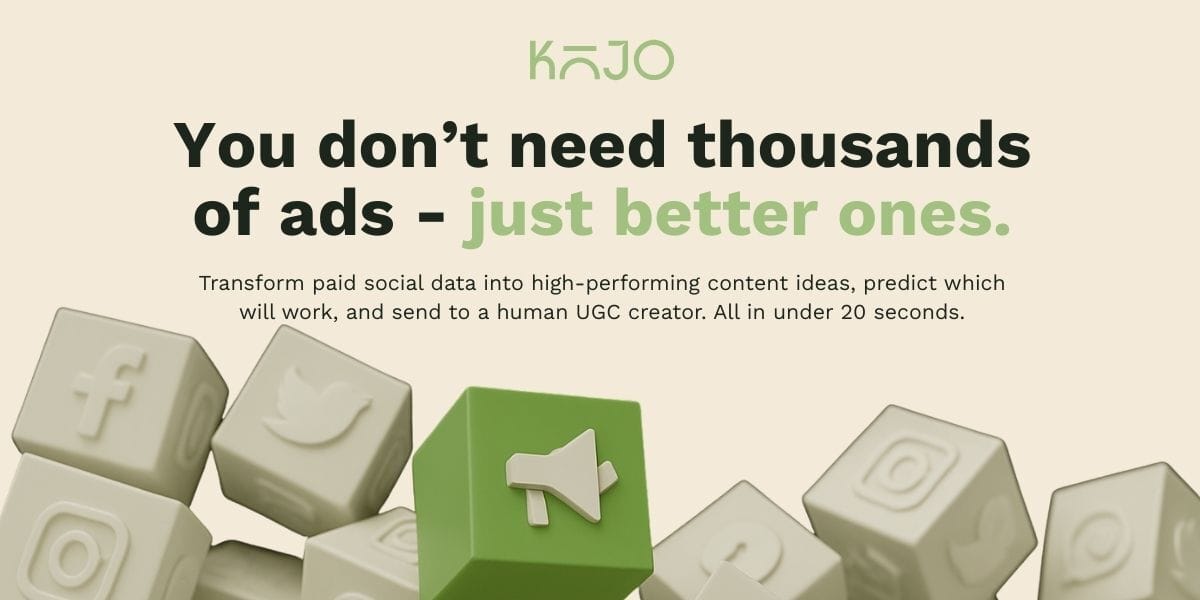- The Capital Circle
- Posts
- Why More Isn’t Better
Why More Isn’t Better
The trap of chasing volume and the smarter path that wins long term.

The Illusion of More
Think about a time when you pushed yourself to do more. More work hours. More content. More commitments. You ended the week exhausted, but the results did not match the effort.
This is the illusion of more. Doing more feels productive, but without focus, it spreads your energy thin. You get volume, not impact.
The truth is that growth rarely comes from piling on. It comes from sharpening what you choose to do and making it count.
What if, instead of doing more, you focused on doing fewer things with higher precision? What if each action carried more weight because it was chosen carefully and executed fully?
This is the mindset shift that changes careers, businesses, and lives. Not more, but better.
The Trap of Chasing Volume
The default reaction when results are slow is to add more. More tasks. More projects. More output. It feels like progress, but it often creates the opposite.
Chasing volume has hidden costs:
Burnout: spreading energy across too many directions leaves nothing finished.
Dilution: the more you produce without focus, the weaker each piece becomes.
Waste: time and money are spent on things that never pay off.
Examples of the trap in action:
Posting daily on social media with no clear strategy. The effort piles up, but it does not attract real growth.
Starting five side projects instead of building one that works. Energy is divided, and nothing gets completed.
Saying yes to every opportunity out of fear of missing out. Important work is crowded out by the unimportant.
The problem is not laziness. It is the belief that more is the answer. But volume without intention is a cycle of wasted motion.
The Power of Precision
Doing less does not mean doing nothing. It means concentrating energy on what creates the greatest impact. Precision turns effort into results.
A few examples:
One strong article or video can generate more growth than dozens of rushed posts.
One high-value client can create more income than ten small ones combined.
One focused hour on a single important task can move you further than a scattered day of multitasking.
Precision works because it forces you to choose carefully. When you commit to fewer actions, each one matters more. You give it full attention, you refine it, and you finish it.
This shift turns quantity into quality. Instead of chasing output for the sake of output, you invest your time and resources where they matter most. That is what creates compounding results.
Real Leverage Comes From Better, Not More
The biggest wins often come from doing fewer things at a higher standard. Leverage is created when one well-chosen move outperforms dozens of weaker ones.
This is true in business, in content, and in personal growth.
A single strategic partnership can open more doors than months of cold outreach.
A polished product launch can outperform a string of half-finished ideas.
A well-placed ad can create more sales than a campaign built on volume.
That last example is worth noting. Many businesses think the way to win in advertising is to push out more and more ads. In reality, better ads outperform more ads.
Find your next winning ad creative in seconds with AI
Most platforms push you to make thousands of ads. Kojo helps you make better ones. We turn your social data into proven ideas, predict which will perform, and send them to real human creators in seconds. Less waste, more certainty, and ads that actually work.
The principle applies to everyone: better beats more. When you channel your time and resources into higher quality work, you get stronger returns and avoid the waste that comes with chasing volume.
Applying the Principle in Daily Life
The idea of “better over more” only works if you apply it to your own habits. Start by looking at where you may be adding quantity without gaining results.
Common areas where this shows up:
Work: saying yes to every request instead of focusing on the tasks that matter.
Content: posting daily without a clear strategy, hoping something sticks.
Side projects: starting multiple ideas without seeing any through to completion.
Fitness: adding endless workouts instead of refining technique and recovery.
Money: chasing small wins while ignoring the few actions that actually grow wealth.
How to shift from more to better:
Identify one area of your life where you are doing “more.”
Ask: which single action here creates the highest impact?
Cut or reduce the rest, and put your energy into making that one action count.
The goal is not to do nothing. The goal is to stop wasting effort on what does not matter and to double down on what does.
Today’s Move
Pick one area of your life or work where you are doing more for the sake of more.
Write down all the actions you are taking in that area.
Circle the one that creates the most meaningful results.
Commit to focusing on that single action this week.
Everything else can be reduced, delayed, or cut. The goal is to prove to yourself that fewer, better actions create stronger outcomes than chasing volume.
Closing Thought
The belief that more equals progress is a trap. True growth comes from precision. One well-executed move has the power to outperform a dozen scattered efforts.
When you cut the waste and focus on fewer, better actions, you conserve energy, protect your time, and set yourself up for results that compound.
Stop chasing more. Start choosing better.
Talk again soon,
Alex, Founder of The Capital Circle & Opulenco
